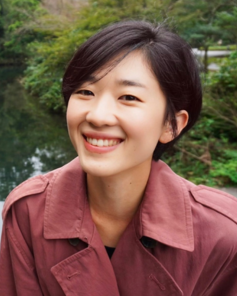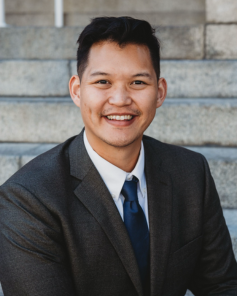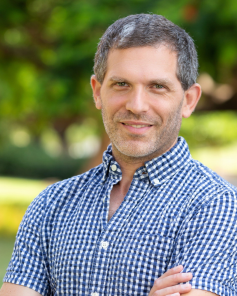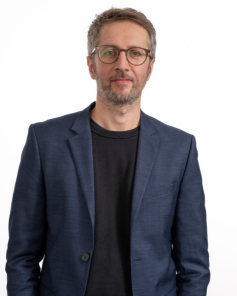Keynote Speakers
Richard Daneman
University of California, USA

Tae-Eun Park
Ulsan National Institute, South Korea
Dr. Tae-Eun Park is an assistant professor of Department of Biomedical Engineering at Ulsan National Institute of Science and Technology (UNIST) in Korea. She received her undergraduate degree in animal biotechnology in 2011 and her PhD in 2015 from Seoul National University. During PhD, she focused on development of blood-brain barrier (BBB) model and brain drug delivery systems mimicking rabies virus. She continued her postdoctoral studies at Wyss Institute in Harvard Medical School (2015-2017) under supervision of Prof. Donald E. Ingber. Her research area of interest lies in the development of organ mimetic systems for novel drug discovery and drug delivery systems using microfluidic and stem cell approaches. In particular, her research efforts focus on how to mimic and how to overcome blood-brain barrier for brain drug delivery.
Talk title : Brain drug delivery innovation through blood-brain barrier-on-a-chip technology

Andrew Yang
Gladstone Institutes & UCSF, USA
Andrew is an Assistant Professor at the Gladstone Institutes and UCSF. His lab develops new molecular approaches to understand the meaning, mechanisms, and therapeutic potential of protein and immune signaling across the brain’s unique barriers.
Talk title : Tracing proteomes across the blood-brain barrier
Invited Speakers
David Attwell
University College London, UK
Ayal Ben-Zvi
Hebrew University, Israel
Matthew Campbell
Trinity College Dublin, Ireland
Helge de Vries
UMC Amsterdam, Netherlands
Britta Engelhardt
Bern University, Switzerland
Krzysztof Kucharz
Copenhagen University, Denmark
Sarah Lutz
University of Illinois, USA

Ben Maoz
Tel Aviv University, Israel
Prof. Maoz is a faculty member at the Sagol School of Neuroscience and the Department of Biomedical Engineering at Tel Aviv University. Prof. Maoz did his Ph.D on nano-optics in the School of Chemistry at Tel Aviv. During his post-doctoral studies, at Harvard University, in Prof. Don Ingber and Kit Parker, he developed Organ-on-a-Chip platforms for studying human relevant physiology.
Prof. Maoz received number of prestigious fellowships, awards and honors, such as the Harvard-Wyss Technology Fellowship, Azrieli Fellowship for Academic Excellence and Leadership, ERC grant, recently he was chosen by “The Marker” as the most promising 40 under 40 and he gave a talk in the first metaverse TedX
Talk title : coming soon

Axel Montagne
Ediburgh University, UK
Dr Axel Montagne joined the UK Dementia Research Institute at Edinburgh in 2020. He completed his PhD degree at the University of Caen Normandy (France), followed by postdoctoral training at the University of Southern California (USC) in Los Angeles. His career has focused on how cerebrovascular dysfunctions contribute to neurodegeneration and dementia in both animal models and humans. In his UK DRI program, he combines molecular approaches with rodent non-invasive imaging, particularly MRI and microscopy techniques, to study the causes and effects of blood-brain barrier (BBB) dysfunction, with a particular focus on the Endothelium-Pericyte-Immune tripartite interactions, in the context of neurodegenerative disease. Dr Montagne’s work is supported by the UK DRI, principally funded by the UK Medical Research Council (MRC), and additional funding partners (Alzheimer’s Research UK, Alzheimer’s Society UK, and British Heart Foundation). In addition, Dr Montagne was awarded the 2021 SCOR Young European Researcher Prize for his research into Alzheimer’s disease and a MRC Career Development Award in 2022.
Talk title : Cerebrovascular Dynamics in Dementia: Unravelling the Tripartite Crosstalk between the Endothelium, Pericytes, and Microglia
Morten Nielsen
Aarhus University, Denmark
Amita Sehgal
Penn State University, USA